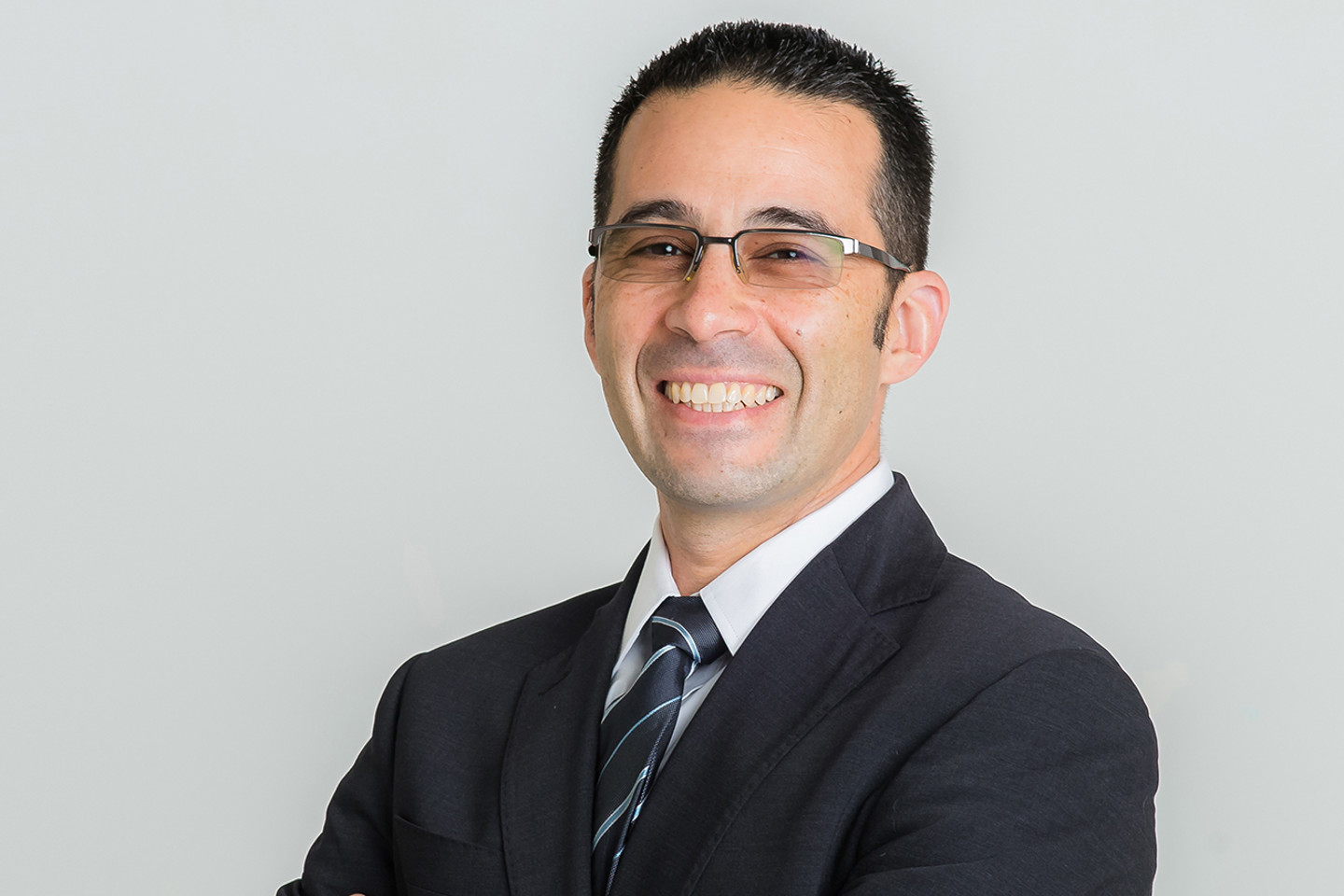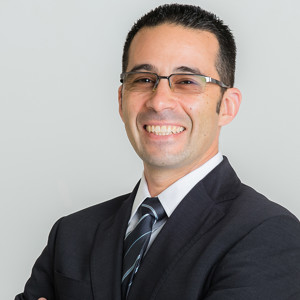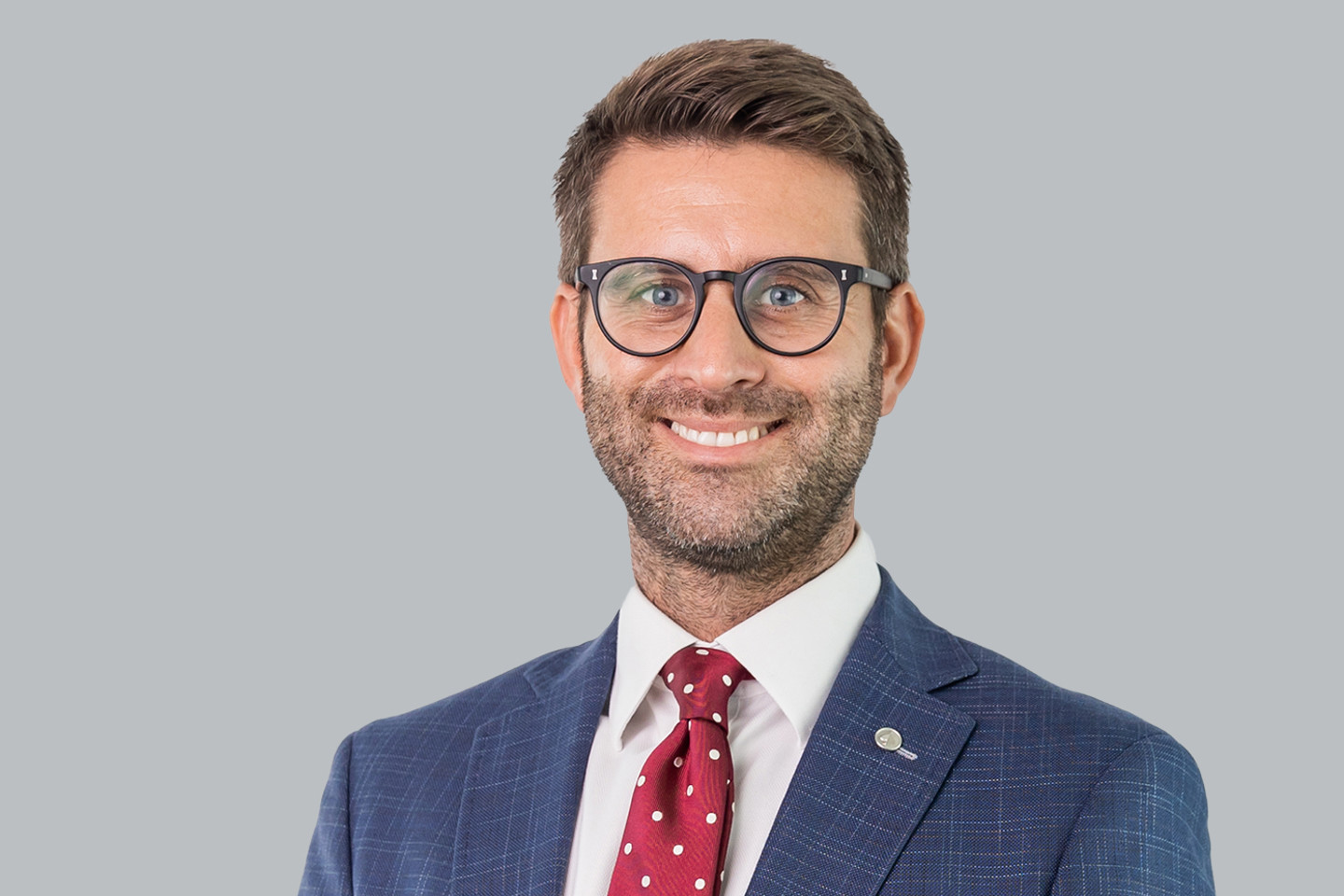
Bradley Kruger
Partner | Legal
Cayman Islands

Bradley Kruger
Partner
Cayman Islands
No Content Set
Exception:
Website.Models.ViewModels.Components.General.Banners.BannerComponentVm
Since our last article published on this subject, the foundation company of the Cayman Islands has proven itself to be one of the most useful and flexible legal structures for projects involving decentralised autonomous organisations (DAOs). Such projects include decentralised finance (DeFi) protocols and platforms that utilise DAOs for governance. As the foundation company is not required to have any owners or shareholders, the foundation company perfectly represents both the DAO it serves and the DeFi project it supports. However, with the introduction of the Virtual Asset (Service Providers) Act, 2020 (the VASP Act), how exactly are DeFi projects now being structured in light of this new law? This article looks at some of the structuring options.
For developers wishing to utilise a foundation company as part of a DeFi project, they must first be aware of the VASP Act. The VASP Act will likely touch upon one or more aspects of a DeFi project. In particular, the VASP Act regulates the issuance of virtual assets to the public as well as the exchange, transfer and custody of, and provision of financial services relating to, virtual assets (together, VASP Activities). The introduction of the VASP Act has therefore necessitated a deeper examination of how exactly the foundation company relates to the DAO. Traditionally, it was assumed that the foundation company acted as the legal embodiment or wrapper of the DAO and therefore it was potentially responsible for the activities, governance and liability of the protocol itself. However, this assumption may no longer be accurate where the protocol is carrying on VASP Activities as, in such cases, the foundation company would likely need to be regulated. Where regulation is impracticable or undesirable, developers will need to re-define the relationship between the DAO and the foundation company.
In the wake of the VASP Act, we are now seeing three distinct structuring alternatives. We shall take each in turn.
The foundation company as a legal wrapper
Firstly, the foundation company is still very much being used as a legal wrapper for DeFi projects. For projects that wish to carry out private issuances of virtual assets but otherwise do not intend to carry on VASP Activities, the foundation company remains a suitable vehicle to represent the DAO. This is because the VASP Act only regulates the sale of virtual assets to the public in exchange for fiat currency, other virtual assets or other consideration. Although the term "public" has not been defined in the VASP Act, the Virtual Asset (Service Providers) Regulations, 2020 clarifies that a private sale "means a sale, or offer for sale, which is not advertised and is made available to a limited number of persons or entities who are selected prior to the sale by way of a private agreement". The industry interpretation of these regulations is such that a private sale would therefore not constitute a sale to the public. Therefore, so long as the foundation company observes the terms of a private sale, it should be able to carry out a limited virtual asset issuance from the Cayman Islands. This would also potentially include a virtual asset issuance to founders, developers, stakers and service providers of the DAO.
Furthermore, projects that wish to decentralise immediately by carrying out a gratuitous airdrop of governance tokens can continue to do so from the Cayman Islands as the VASP Act is only concerned with "sales" of virtual assets "in exchange" for some form of consideration. Where no consideration passes, the issuance would not fall under the remit of the VASP Act. This also means that, where the foundation company is the originator of the virtual asset, it might also grant gratuitous rewards from its treasury. Therefore, a DAO that wishes to undertake an airdrop or grant rewards may continue to do so using a Cayman Islands foundation company.
The foundation company as a legal wrapper with a subsidiary
Where the DAO wishes to carry on VASP Activities but still wishes to take legal form as a foundation company, the most common alternative is to create a wholly owned subsidiary of the foundation company in a virtual asset-friendly jurisdiction, such as the British Virgin Islands (BVI). With a BVI subsidiary, the foundation company will procure the subsidiary to carry on whichever activities it cannot perform from the Cayman Islands (ie VASP Activities). Whilst this structure is more complex and costly, it allows a developer to utilise the benefits of the foundation company in a way that complies with the VASP Act. This dual structure has provided significant flexibility for several DeFi projects.
The foundation company as a service provider (with or without a subsidiary)
Although legal embodiment of a DAO can be useful, we most often see the foundation company used as a service provider to the DAO. Typically, developers want the project to be fully decentralised so that no one person or entity can be considered responsible for the community's activities. In fact, it is true to say that many decentralised protocols could not be considered as having a centralised operator in any event as:
Therefore, for many projects, attempting to dress a DAO in a foundation company is like trying to fit a square peg into a round hole. What the DAO often needs is not legal embodiment but a real-world service provider. Such services can include publishing, developing, marketing, administering or consulting. In most cases, the foundation company can carry on these types of activities outside the scope of the VASP Act. Alternatively, the foundation company can have no specific service assigned to it other than to be on hand to carry on real-world activities (such as signing contracts or liaising with digital asset exchanges) once the DAO votes for the foundation company to take an action. So long as the proposed activity is not a VASP Activity or any other regulated activity, the foundation company can carry out the activity as a service provider to the DAO. Where the requested activity of the DAO is in fact a VASP Activity, the foundation company could incorporate a suitable subsidiary to carry out such activity as described above. In either case, this structure provides the DAO with tremendous flexibility to utilise an ownerless and non-profit vehicle to act as its service provider.
In addition to the VASP Act, developers of DeFi projects should also ensure that they remain fully compliant with all other relevant laws and regulations in the Cayman Islands. In particular, these include, but are not limited to, the Proceeds of Crime Act (Revised), the Anti-Money Laundering Regulations (Revised), the Securities Investment Business Act (Revised), the Mutual Funds Act (Revised), the Private Funds Act (Revised) and the Money Services Act (Revised). Developers of DeFi projects should also pay particular regard to the International Tax Co-operation (Economic Substance) Act (Revised) (the Substance Regime). Whereas foundation companies limited by guarantee were once outside of scope of the Substance Regime, the scope of this law has been extended to include these vehicles. Thus, if a foundation company is carrying on "relevant activities" (which include, amongst other things, finance and leasing business, distribution and service centre business and intellectual property holding business), it will be required to have substance (ie physical presence) in the Cayman Islands. This may be especially pertinent to DeFi projects where the foundation company could be considered as the ultimate lender of virtual assets where it exercises actual control or majority control through holding and voting the governance tokens.
The VASP Act has changed the way decentralised projects can operate in the Cayman Islands. Developers should be aware of their structuring options before executing any project or publishing a protocol. The considerations and suggestions above do not constitute legal advice and developers should obtain their own unique legal advice before undertaking any decentralised project. Ogier is at hand to assist any developer or business looking to launch a DeFi project from the Cayman Islands.

Bradley Kruger
Partner | Legal
Cayman Islands

Bradley Kruger
Partner
Cayman Islands

Chris Wall
Partner | Legal
Cayman Islands

Chris Wall
Partner
Cayman Islands
Ogier is a professional services firm with the knowledge and expertise to handle the most demanding and complex transactions and provide expert, efficient and cost-effective services to all our clients. We regularly win awards for the quality of our client service, our work and our people.
This client briefing has been prepared for clients and professional associates of Ogier. The information and expressions of opinion which it contains are not intended to be a comprehensive study or to provide legal advice and should not be treated as a substitute for specific advice concerning individual situations.
Regulatory information can be found under Legal Notice
Sign up to receive updates and newsletters from us.
Sign up
No Content Set
Exception:
Website.Models.ViewModels.Blocks.SiteBlocks.CookiePolicySiteBlockVm